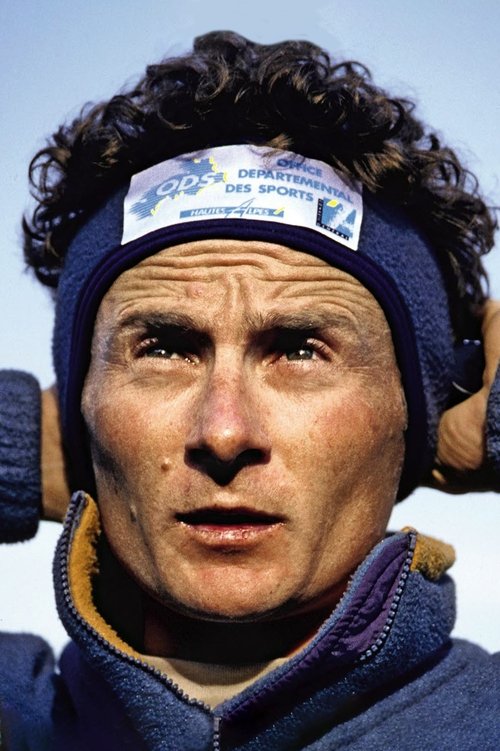
Popularity: 0.371
Jean-Christophe Lafaille
A.K.A:
1965-03-31 -2006-01-25
Male
Gap, Hautes-Alpes, France
https://www.mntnfilm.com/en/filmography/jean-christophe-lafaille
Biography
Jean-Christophe Lafaille, born March 31, 1965 in Gap and died January 26, 2006 on the slopes of Makalu, Nepal, is a French mountaineer. He was an “international guarantor” for the Mountain Wilderness association. Married twice, he is the father of two children: Marie with his first wife Véronique (Lafaille gave his name to a 6,250 meter summit in the Himalayas, the Mari Ri) and Tom with his second wife, Katia (a route on the Nanga Parbat is named after his son). Jean-Christophe Lafaille, originally from Gap, started climbing at the age of 7. During adolescence, he was inspired by the books of Walter Bonatti and Reinhold Messner. He participates in many sport climbing competitions. High mountain guide, Jean-Christophe Lafaille teaches at the National School of Skiing and Mountaineering, he is also a member of the GHM. The final impetus did not arrive until 1990 with the discovery of "solo" climbing in winter conditions. During the colder months of that same year, he climbed the Bonatti route at the Grand Capucin, the Sud du Fou, the Directe Américaine des Drus and other great classics, although for posterity these climbs have been eclipsed by the first solo ascent of “Divine Providence” at the Grand Pilier d'Angle du Mont Blanc, a route qualified as being the most difficult of the whole massif. He finished it by realizing a dream specific to the former guides of the Chamonix company. In an interview granted to the newspaper Le Monde, here is what he said about the Drus: "I thought that, when I am an old guide, it would be good if I could tell myself that I had opened 'my way' there. . It is a symbolic mountain, it is the laboratory of difficulty in the mountains”. Attentive to new trends, he discovered new sensations in the icefalls of Yosemite, on the extreme routes of the Alps and in Dry Tooling. In October 1992, for his first experience of the Himalayas, he left with Pierre Béghin to attack the south face of Annapurna (8,091 meters) in "alpine style", that is to say without oxygen. nor high camp. At an altitude of 7,100 meters, due to a rappel anchor that gave way, Pierre Béghin fell to his death, taking all the equipment with him. Lafaille took five days to descend alone with an arm broken by a rock fall. According to Messner, he will have demonstrated “the ability to survive that makes the greatest mountaineers”. Suffering from a form of survivor's guilt, he thinks he is responsible for Béghin's death on his return to France. In the winter of 2000-2001, he opened the hardest route in the Alps alone, on the mythical Ouest des Drus. His style will force him to work it like an ant, progressing only one hundred meters maximum per day and carrying seventy kilos of material, until he completes the eight hundred meters of track. He attempted the feat of becoming the first Frenchman to climb the fourteen peaks over eight thousand meters but he disappeared on January 26, 2006 while attempting the first solitary ascent in winter of Makalu, his twelfth eight thousand. He has to his credit eleven and eight thousand climbs without oxygen and most of them solo.
